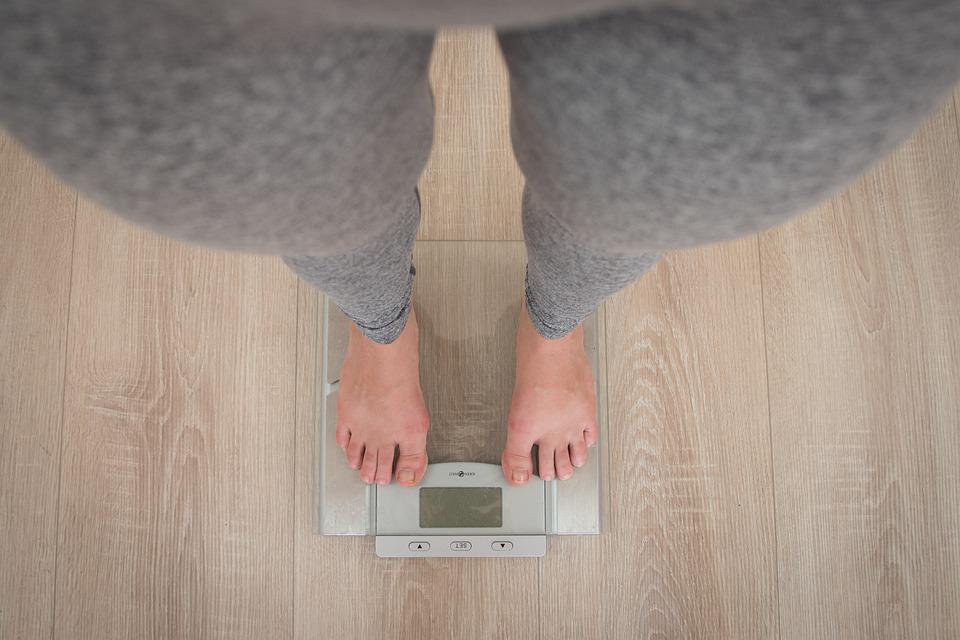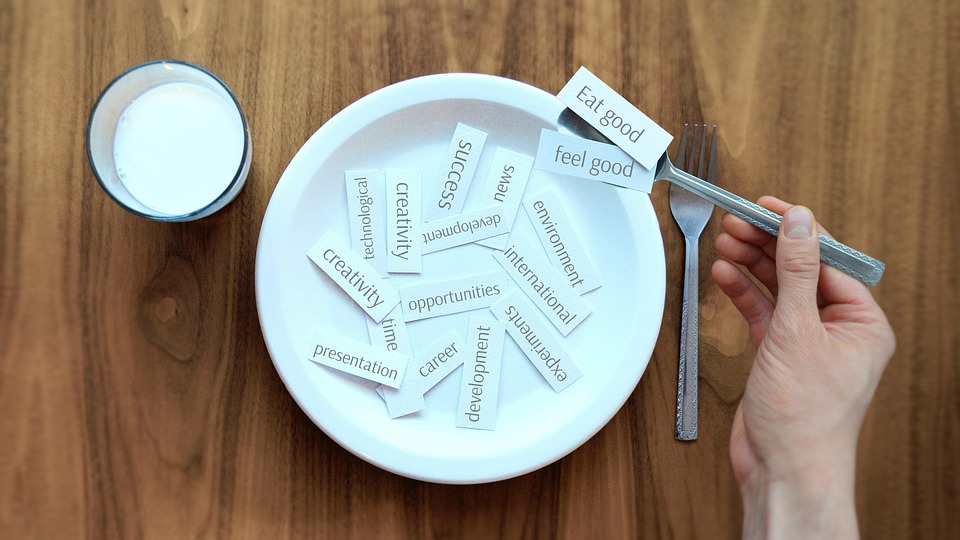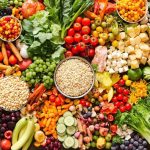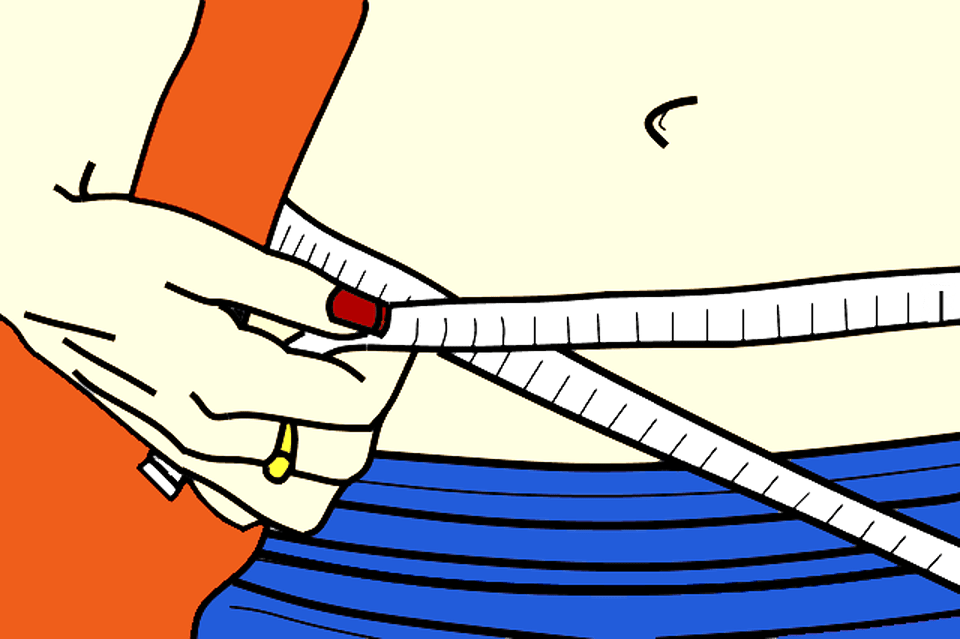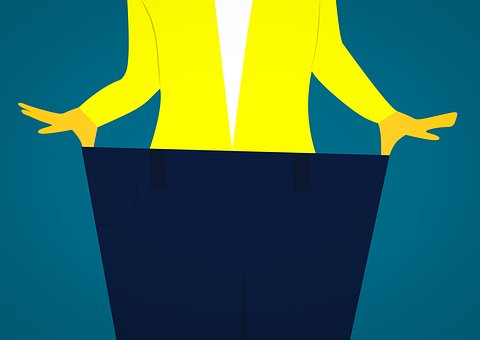
If your doctor has recommended that you lose weight, there are some tips that can help you do so in a safe manner. It is generally recommended that people aiming to lose weight do so at a rate of 1-2 pounds per week for the best long-term results.
This is why many people find it difficult to stick to a healthier eating plan–plans which often make them feel hungry or unsatisfied, or which cut out major food groups.
Everyone’s needs are different, so what works for one person may not work for another.
There are a few things you can do to lose weight, like following a low-carb diet or a diet that focuses on whole foods. But there are some general principles to keep in mind when you’re trying to slim down.
Here are some science-backed tips to help you lose weight that include healthy eating, choosing carbs carefully, and that aim to:
- reduce your appetite and hunger levels while keeping you satisfied
- produce consistent weight loss over time
- help improve your metabolic health at the same time
While there are some tips that may help you lose weight quickly, it is rare that this weight loss is sustainable. If you want to improve your health in the long term, it is better to focus on developing healthy habits that you can stick with over time.
Cut back on refined carbs
One way to help lose weight quickly is to reduce your intake of sugars and starches, or carbohydrates. This could be done by following a low-carb eating plan or by reducing your intake of refined carbs and replacing them with whole grains.
When you eat smaller meals more frequently throughout the day, your hunger levels go down, and you generally end up eating fewer calories.
With a low-carb eating plan, you’ll utilize stored fat for energy instead of carbs.
If you choose to eat more complex carbs like whole grains, you’ll benefit from higher fiber and they will digest more slowly. This makes them more filling to keep you satisfied.
The study found that a very low carbohydrate diet was beneficial for weight loss in older populations.
According to research, a low carb diet may result in eating fewer calories without being hungry or thinking about it.
While the long-term effects of a low-carb diet are still being studied, it can be difficult to stick to such a diet, which may cause weight fluctuations and make it harder to maintain a healthy weight.
A low-carb diet may not be optimal for everyone and may lead to difficulty sustaining weight loss in the long-term.
A study done in 2019 found that if you focus your diet on whole grains rather than refined carbs, you are likely to have a lower body mass index.
It is advisable to speak to your doctor to get professional recommendations on the best way for you to lose weight.
Eat protein, fat, and vegetables
Aim to include a variety of foods at each meal. To balance your plate and help you lose weight your meals should include:
- a protein source
- fat source
- vegetables
- a small portion of complex carbohydrates, such as whole grains
Protein
If you want to lose weight and keep your health and muscle mass, you need to eat the right amount of protein.
The evidence points to the fact that eating the right amount of protein can have a positive effect on various factors such as heart health, appetite, and weight.
Generally, an average male needs about 56-91 grams per day, and the average female needs 46-75 grams per day, but many factors influence protein needs. Here are guidelines to help you figure out how much protein to eat without eating too much:
0.8g/kg of body weight
1-1.2g/kg of body weight for people 65 and older
1.4-2g/kg of body weight for athletes
We all know that feeling when we’re so hungry we could eat anything. Diets that have enough protein can help reduce these types of cravings by making us feel full and content.
Healthy protein sources include:
- meat: beef, chicken, pork, and lamb
- fish and seafood: salmon, trout, sardines, and shrimp
- eggs
- plant-based proteins: beans, legumes, quinoa, tempeh, and tofu
Vegetables
You can eat a lot of leafy green vegetables without increasing your calorie or carb intake by a lot.
Some vegetables are better for you than others nutritionally speaking. Potatoes, sweet potatoes, winter squash, and corn are all high in carbs.
You may want to be careful about how much of these vegetables you eat because they contain a lot of fiber.
Vegetables to include more of:
- broccoli
- cauliflower
- spinach
- tomatoes
- kale
- Brussels sprouts
- cabbage
- Swiss chard
- lettuce
- cucumber
- peppers
Healthy fats
Don’t be afraid of eating fats.
Although olive oil and avocado oil are healthy fats, your body still requires them no matter what eating plan you choose. Nuts, seeds, olives, and avocados are delicious and healthy additions to any diet.
Other fats, such as butter and coconut oil, should only be used in moderation due to their higher saturated fat content.
Move your body
While not required, exercise can help you lose weight more quickly. Lifting weights, in particular, has good benefits.
Weightlifting helps you burn calories and keep your metabolism from slowing down, which can be a side effect of weight loss.
Try lifting weights three to four times a week. If you have never lifted weights before, it might be a good idea to ask a trainer for help. It is also important to tell your doctor about your new exercise plans.
If you are unable to lift weights, cardio workouts such as walking, jogging, running, cycling, or swimming are still very beneficial for weight loss and general health.
Both cardio and weightlifting can help with weight loss and offer many other health benefits.
Weight loss: 6 strategies for success
Make sure you’re ready
This means that in order to lose weight and keep it off, you need to be willing to put in the work over an extended period of time. This isn’t a quick fix that you can abandon as soon as you start seeing results. You need to be prepared to stick with it for the long haul. Ask yourself the following questions to help you determine your readiness:
Am I motivated to lose weight?
Am I too distracted by other pressures?
Do I use food to help me deal with stress?
Do I feel prepared to learn or utilize additional methods to deal with stress?
You might benefit from talking to friends or professionals about stress management if you feel like you need additional support.
Am I willing to change my eating habits?
Am I willing to change activity habits?
am I able to spend the time necessary to make these changes?
Find your inner motivation
It can be helpful to make a list of things that are important to you in order to stay motivated and focused. This could include an upcoming vacation or better overall health. Then, find a way to make sure that you can call on your motivational factors during moments of temptation. For example, you might want to post an encouraging note to yourself on the pantry door or refrigerator.
While you are primarily responsible for your own weight loss, it is helpful to have supportive people around you. Choose people who will encourage you in positive ways, without making you feel ashamed, embarrassed, or like they are sabotaging your efforts.
It’s ideal to find people who will listen to your concerns and feelings, spend time exercising with you or creating healthy menus, and share the priority you’ve placed on developing a healthier lifestyle. Your support group can also offer accountability, which can be a strong motivation for sticking to your weight-loss goals.
Set realistic goals
The goal should be to lose 1-2 pounds per week over the long term. This can be accomplished by burning 500-1000 more calories than you consume each day through a combination of a lower calorie diet and regular physical activity.
If you are 180 pounds, a goal of 9 pounds may be realistic. This level of weight loss can help improve your chronic health problems.
Enjoy healthier foods
You can lower your calorie intake by eating more plant-based foods such as fruits, vegetables, and whole grains. Try to variety in order to maintain taste and nutrition while still achieving your goals.
Get your weight loss started with these tips:
- Eat at least four servings of vegetables and three servings of fruits daily.
- Replace refined grains with whole grains.
- Use modest amounts of healthy fats, such as olive oil, vegetable oils, avocados, nuts, nut butter, and nut oils.
- Cut back on sugar as much as possible, except for the natural sugar in fruit.
- Choose low-fat dairy products and lean meat and poultry in limited amounts.
Get active, stay active
The number of calories you burn depends on how often, how long, and how intensely you engage in physical activity. Losing body fat usually requires performing aerobic exercise regularly for at least half an hour most days of the week. Some people, however, may need to do more than this to lose weight and keep the weight off.
Change your perspective
try to come up with a plan that slowly changes the habits and attitudes that have caused you to fail at weight loss in the past. Rather than just acknowledging your challenges, come up with a way to deal with them so that you can finally lose weight successfully.
There is a chance you will experience a minor setback every now and then. If this occurs, simply start again the next day rather than give up altogether. Keep in mind that you are changing your life for the better. This will not happen overnight. if you remain dedicated to leading a healthier lifestyle, it will eventually pay off.
9 weight loss tips
Here are 9 more tips to help you lose weight:
- Eat a high-protein breakfast. Eating a high-protein breakfast could help reduce cravings and calorie intake throughout the day.
- Limit sugary drinks and fruit juice. Empty calories from sugar aren’t useful to your body and can hinder weight loss.
- Stay hydrated. Drink water throughout the day and aim for half your body weight in ounces.
- Choose weight-loss-friendly foods. Some foods are better for weight loss than others.
- Eat more fiber. Studies show that eating fiber may promote weight loss. Find fiber in whole grains, fruits, vegetables, nuts, seeds, and other high-fiber foods.
- Drink coffee or tea. Caffeine consumption may help boost your metabolism. No need to go overboard on caffeine though and be mindful of adding sugar to these drinks.
- Base your diet on whole foods. They tend to be nutrient-rich, more filling, and less likely to cause overeating than processed foods.
- Eat slowly. Eating quickly can lead to weight gain over time while eating slowly makes you feel more full and boosts weight-reducing hormones.
- Get good quality sleep. Sleep is important for many reasons, and poor sleep is one of the biggest risk factors for weight gain.
Although these 9 tips are helpful starting points, they are not the only things that will help you lose weight.
How fast will you lose weight?
If you’re following a diet plan, you may lose weight more quickly in the first week, when you typically lose a mix of both body fat and water weight. After that, you may lose weight at a slower but more consistent rate.
If you are making changes to your diet and exercise habits for the first time, you may lose weight more quickly.
You should lose no more than 1-2 pounds per week unless your doctor tells you otherwise. If you want to lose weight faster than that, you should speak to your doctor about how many calories you should reduce.
Aside from weight loss, a low-carb diet can improve your health in a few ways, though the long-term effects are not yet known:
- blood sugar levels tend to significantly decrease on low-carb diets
- triglycerides tend to go down
- LDL (bad) cholesterol goes down
- blood pressure improves significantly
There are other types of diets that include complex carbohydrates that are associated with improving metabolic markers and slowing down aging. You may find that this type of diet is more sustainable for you.
The bottom line
One way to lose weight is to reduce the amount of carbohydrates you eat, or to replace refined carbs with complex carbs. This can help to reduce hunger levels. feeling satisfied is an important part of any weight loss plan, as hunger can make it difficult to stick to the plan.
You can still lose weight even if you eat a lot of healthy food.
It’s important to think about the long-term effects of quick weight loss. You may lose water weight quickly, but it will take longer to lose fat. Developing a sustainable weight loss plan may take more time than you want.

